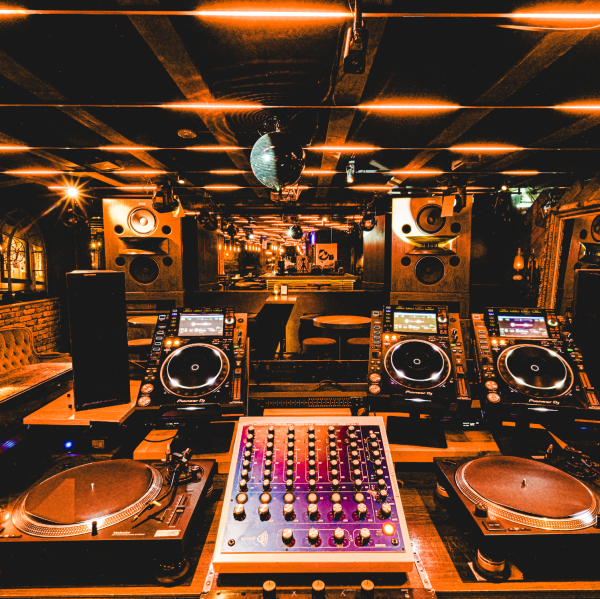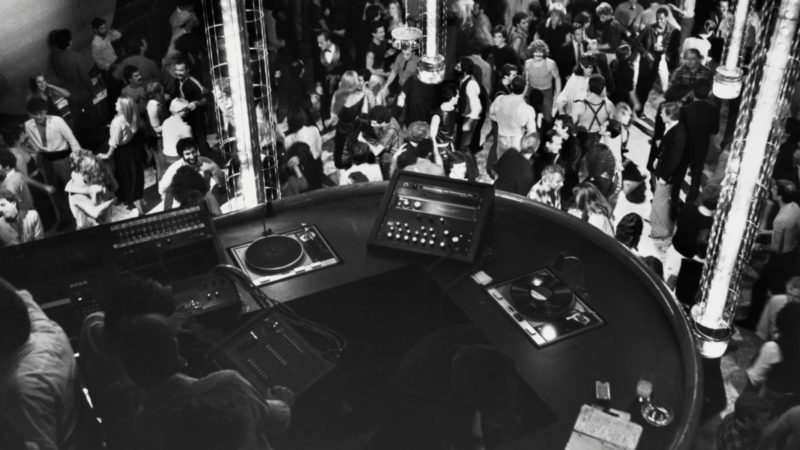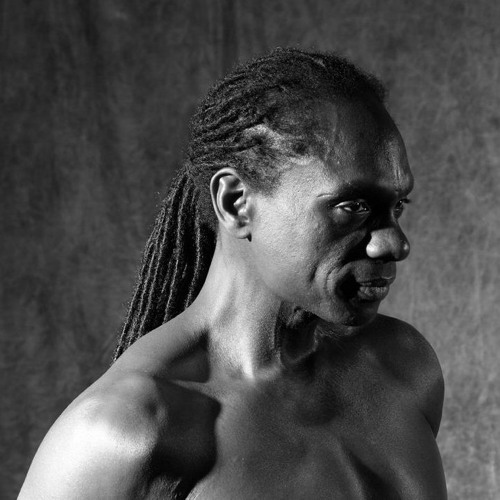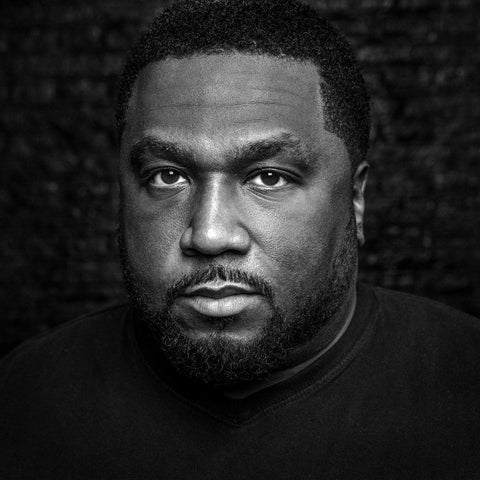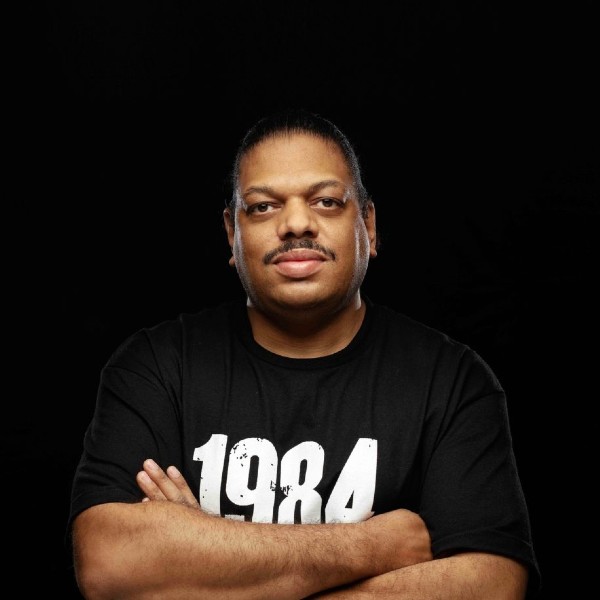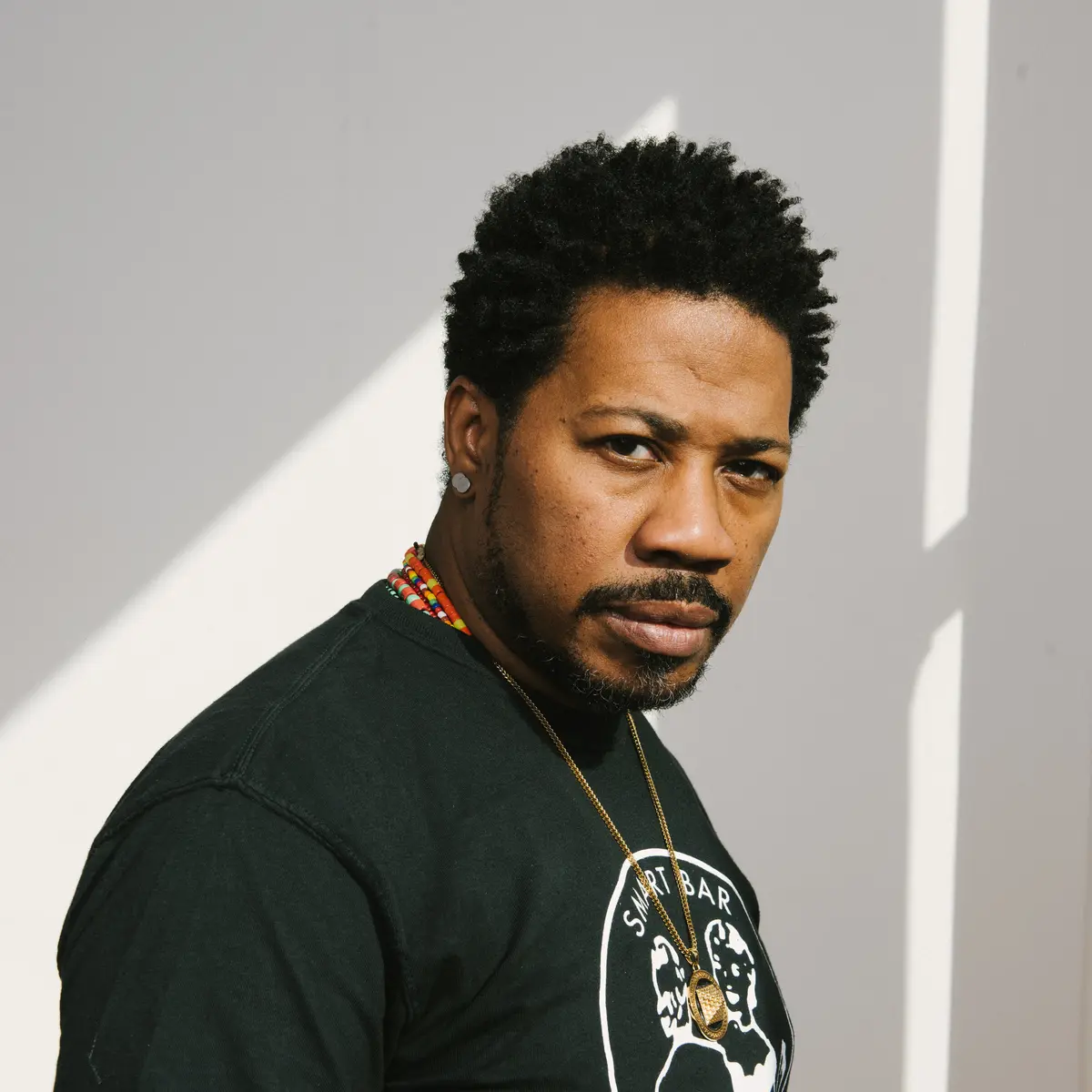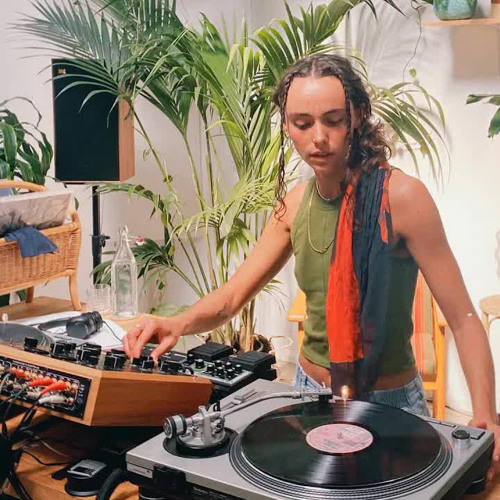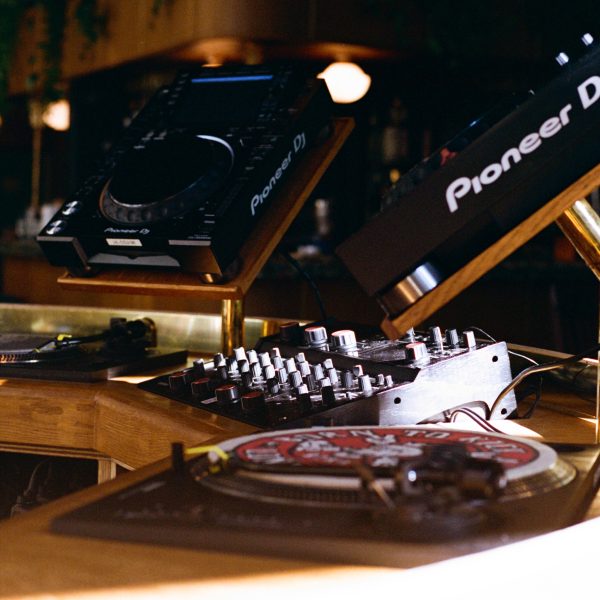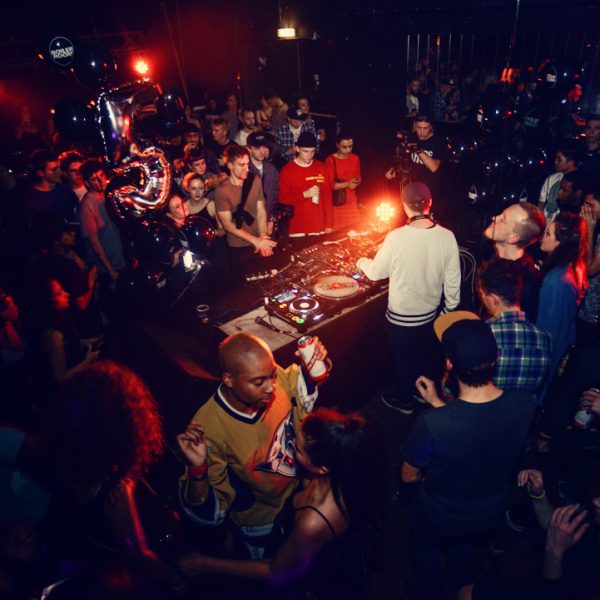When you step back from it, the distinction we make in the DJ world between mixers with rotary and linear faders can seem strange. After all, we’re essentially just talking about controlling a channel’s volume in a different way, right? Pushing a fader up and down versus twisting knob. Why do DJs have such strong preferences?
While it’s true that both types of faders have basically the same function, the way that they perform that function can feel very different. Without fail, all of the DJs we spoke to said something along these lines. Dig a little deeper, and you see that rotary mixers appear to be built in a different spirit and with different aims, with the features they offer and the aesthetics they embody diverging from their linear counterparts. This rotary vs linear question really comes alive when you consider that the reasons some DJs dislike rotary mixes are the exact same reasons that some DJs love rotary mixers.
Look back at the earliest days of club culture—this iconic photo of Larry Levan in the DJ booth at the Paradise Garage in New York, for example—and you’ll always see big, wide rotary mixers in the booth. Mixing in the spirit of such pioneers will appeal enormously to some DJs, while others might find the idea antiquated, instead valuing modern technology.
The same goes for the relative simplicity of rotary mixers. Where some DJs see liberation in the limitation of not having a crossfader or FX, others see unnecessary restrictions. If you’re a DJ who values sound quality above all else, you’ll probably gravitate towards a rotary, whereas other DJs think about a mixer’s audio output among a range of features and considerations.
The euphonia aims to bridge the gap between these two separate ways of seeing DJing. It’s a four-channel rotary mixer that combines the clarity of digital with the richness of analog, and in this respect it’s the first rotary mixer of its kind.
To get a broader perspective on the passionate community of rotary mixer users, we turned to Gilles Peterson, David Morales, Hilit Kolat, Rob Mello, Roger Sanchez, Lefto Early Bird, Timmy Regisford, Terry Hunter, Kerri Chandler, Ron Trent, Farrah Sabado and Millie McKee, who each explained what they like most about this way of mixing.
